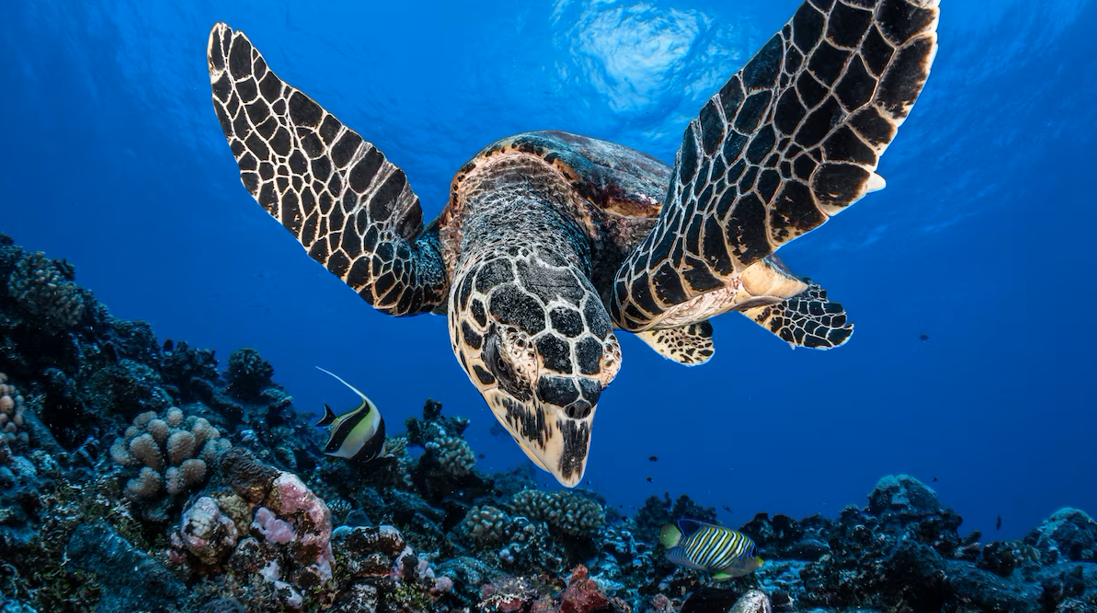How fishing practices are killing Gambia’s turtles by the hundreds

More than 100 dead turtles have been discovered along the Gambian coastline since the launch of a turtle bycatch reduction program, according to monitoring activities in local fishing communities.
Conservationists say the alarming trend is fueled by harmful artisanal fishing practices and the widespread use of inappropriate nets.
Turtle conservationist Sulayman Njie said his team has been collecting data weekly along the coast from Banjul to Kartong, revealing hotspots where turtle deaths are especially severe. “Our team in Tanji usually records more turtle mortalities than in Gunjur and other coastal villages,” he noted.
In particular, areas near Ghana Town and Brufut see turtles regularly entangled in set nets, large nets left in the sea for up to 48 hours, in which turtles become trapped and drown, Foroyaa reports.
Speaking during a two-day training for fishermen in Tanji this week, Njie expressed deep concern about the scale of human-driven damage. “The rampant death of turtles in this country is all about human activities, honestly speaking. It’s we, the people who are doing our things without following the due respect of the law,” he said.
Highlighting the species’ vulnerability, Njie cited scientific data showing that out of every thousand turtle eggs laid, as few as 1% survive to adulthood. To improve those odds, his team has created a “turtle village” project where hatchlings are reared in tanks until they grow strong enough to be released. “If you can save four turtles up to that size and then release them, you increase their chances of survival. I’m not saying they won’t die, but their odds are better,” he explained.
Marine biologist Dawda emphasised the need to map turtle hotspot areas to inform fishermen and policymakers. “Mapping helps us locate, identify, and create awareness. These areas are biologically and ecologically important because they serve as breeding, spawning, and feeding grounds,” Dawda said.
This story is written and edited by the Global South World team, you can contact us here.